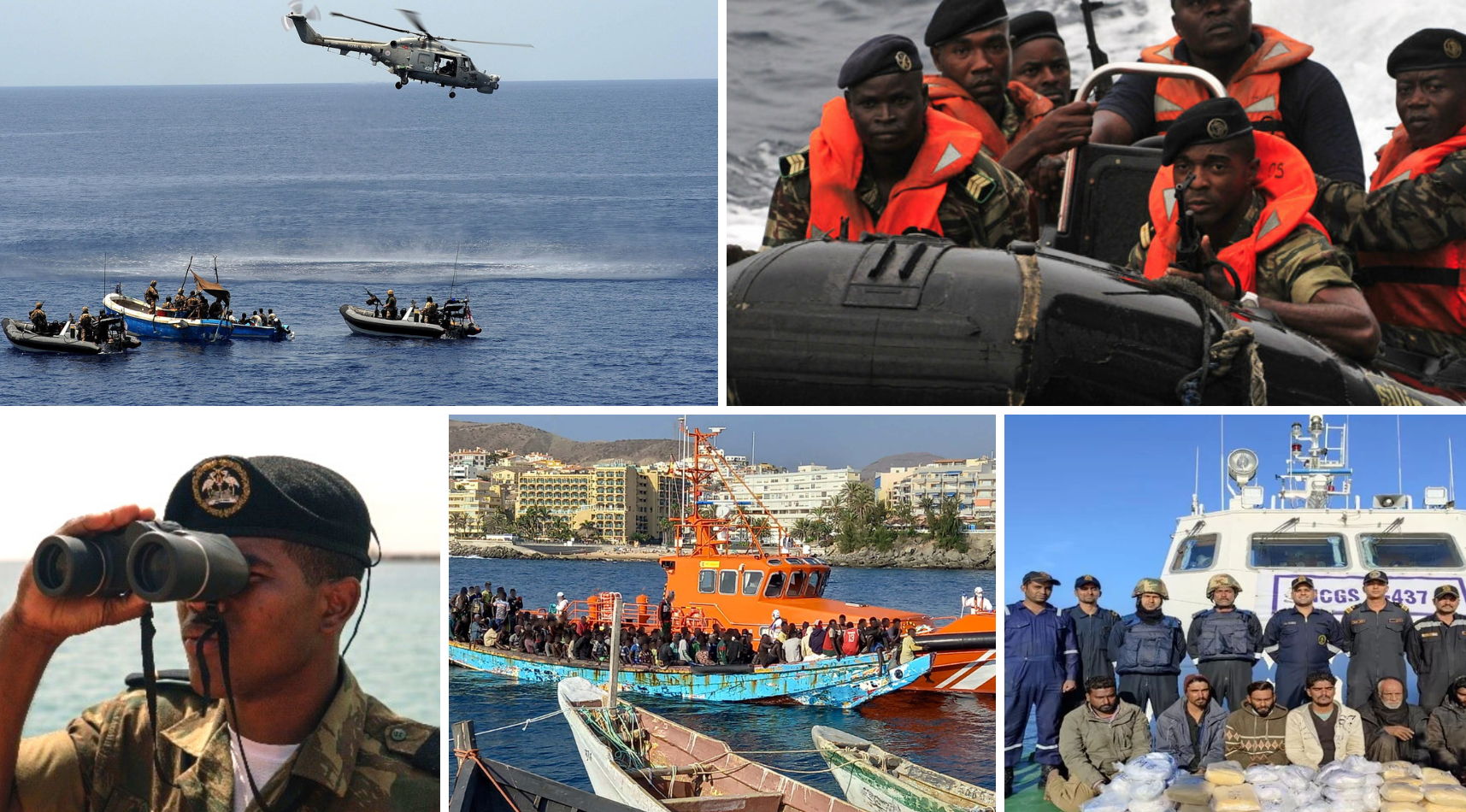December 28, 2023 Reading Time: < 1 minute

Reading Time: < 1 min read
Theshani Weligamage
Research Intern at Lakshman Kadirgamar Institute of International Relations and Strategic Studies.
Abstract : The objective of this article is to conduct an analysis of the existing levels of maritime crime in the Indian Ocean, with a particular emphasis on the blue crimes against mobility such as piracy, maritime terrorism and criminal flows such as drug and arms smuggling, and human trafficking. It offers a comprehensive evaluation of IORA’s initiatives and collaborative mechanisms aimed at addressing the multifaceted challenges posed by maritime crime. By assessing the effectiveness of IORA’s interventions, this study aims to contribute valuable insights into the complexities of safeguarding maritime security in the Indian Ocean, shedding light on both successes and shortcomings.
මෙම පර්යේෂණ අධ්යනයේ පරමාර්ථය වන්නේ මුහුදු කොල්ලකෑම්, සමුද්ර ත්රස්තවාදය සහ මත්ද්රව්ය හා ආයුධ ජාවාරම් වැනි සාපරාධී සමුද්ර -අපරාධ පිළිබඳව විශේෂ අවධානයක් යොමු කරමින්, ඉන්දියානු සාගරයේ පවත්නා සමුද්ර අපරාධ මට්ටම් පිළිබඳ විශ්ලේෂණයක් පැවැත්වීමයි. එය ඉන්දියානු සාගර කලාපීය සංවිධානයේ (IORA) හි ක්රියාපටිපාටි සහ සමුද්රීය අපරාධ මගින් එල්ල වන බහුවිධ අභියෝගවලට මුහුණ දීම ඉලක්ක කරගත් සහයෝගීතා යාන්ත්රණ පිළිබඳ පුළුල් ඇගයීමක් ඉදිරිපත් කරයි. IORA හි මැදිහත්වීම් වල සඵලතාවය තක්සේරු කිරීම මගින්, ඉන්දියන් සාගරයේ සමුද්ර ආරක්ෂාව සම්බන්ධ සංකීර්ණතා, සාර්ථකත්වයන් සහ අඩුපාඩු පිළිබඳ වටිනා අදහස් ලබා දීමට මෙම අධ්යනය අරමුණු කරයි
இந்த ஆய்வறிக்கையின் நோக்கம், இந்தியப் பெருங்கடலில் தற்போதுள்ள கடல்சார் குற்றங்களின் அளவைப் பகுப்பாய்வு செய்வதாகும், கடற்கொள்ளை, கடல் பயங்கரவாதம் மற்றும் போதைப்பொருள் மற்றும் ஆயுதக் கடத்தல் மற்றும் மனித குற்றப் பாய்ச்சல்கள் போன்ற நடமாட்டத்திற்கு எதிரான நீல குற்றங்களுக்கு ஒரு குறிப்பிட்ட முக்கியத்துவம் அளிக்கிறது. கடத்தல். கடல்சார் குற்றங்களால் ஏற்படும் பன்முக சவால்களை எதிர்கொள்ளும் நோக்கில் IORA இன் முன்முயற்சிகள் மற்றும் ஒத்துழைப்பு வழிமுறைகள் பற்றிய விரிவான மதிப்பீட்டை இது வழங்குகிறது. IORA இன் தலையீடுகளின் செயல்திறனை மதிப்பிடுவதன் மூலம், இந்தியப் பெருங்கடலில் கடல்சார் பாதுகாப்பைப் பாதுகாப்பதில் உள்ள சிக்கல்கள் பற்றிய மதிப்புமிக்க நுண்ணறிவுகளை பங்களிப்பதை இந்த ஆய்வு நோக்கமாகக் கொண்டுள்ளது, வெற்றிகள் மற்றும் குறைபாடுகள் இரண்டிலும் வெளிச்சம் போடுகிறது